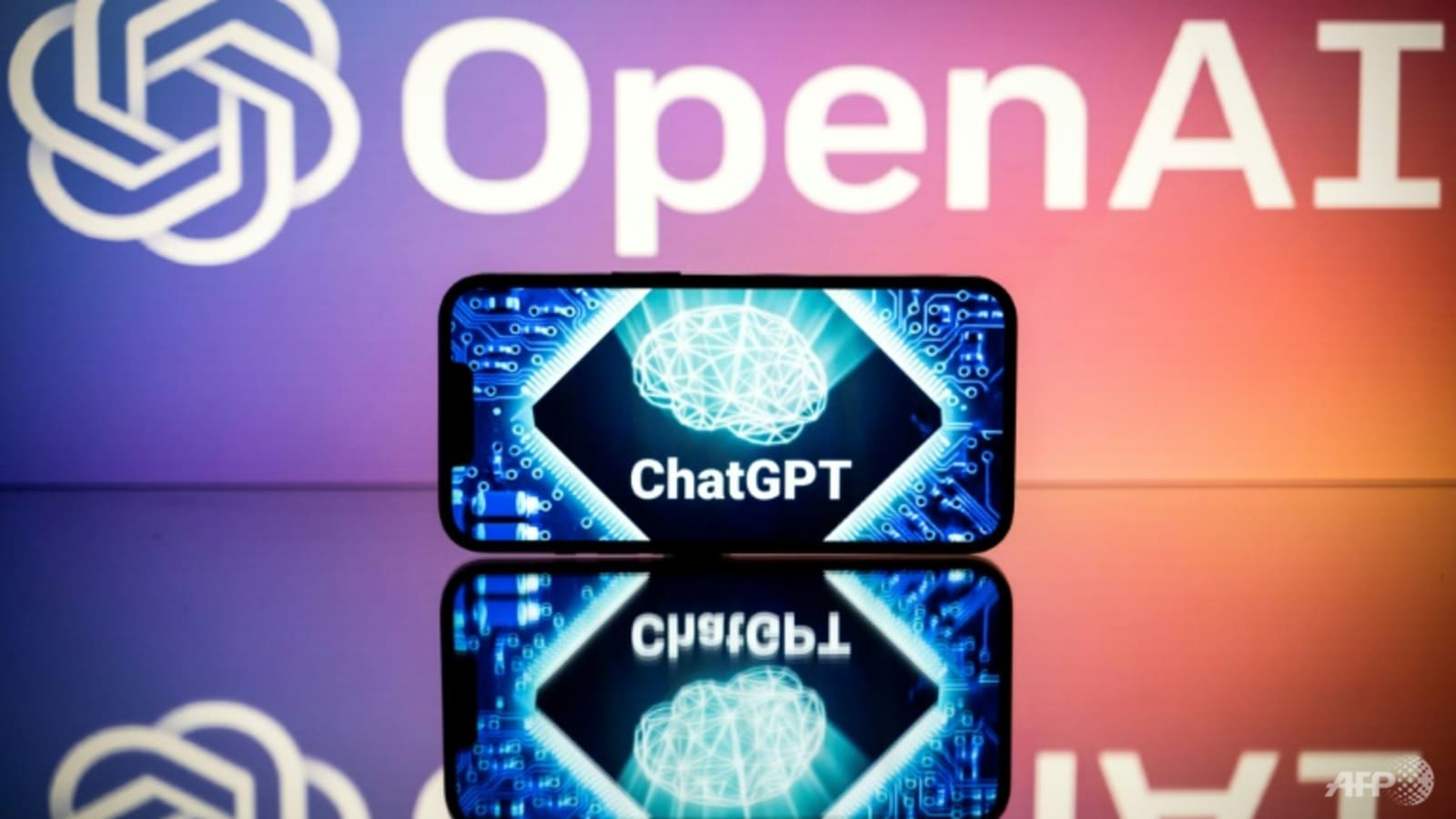SAN FRANCISCO: The rise of artificial general intelligence – now seen as inevitable in Silicon Valley – will bring change that is “orders of magnitude” greater than anything the world has yet seen, observers say. But are we ready?
AGI – defined as artificial intelligence with human cognitive abilities, as opposed to more narrow artificial intelligence, such as the headline-grabbing ChatGPT – could free people from menial tasks and usher in a new era of creativity.
But such a historic paradigm shift could also threaten jobs and raise insurmountable social issues, experts warn.
Previous technological advances from electricity to the internet ignited powerful social change, says Siqi Chen, chief executive of San Francisco start-up Runway.
“But what we’re looking at now is intelligence itself … This is the first time we’re able to create intelligence itself and increase its amount in the universe,” he told AFP.
Change, as a result, will be “orders of magnitude greater than every other technological change we’ve ever had in history”.
And such an exciting, frightening shift is a “double-edged sword”, Chen said, envisioning using AGI to tackle climate change, for example, but also warning that it is a tool that we want to be as “steerable as possible”.
It was the release of ChatGPT late last year that brought the long dreamt of idea of AGI one giant leap closer to reality.
OpenAI, the company behind the generative software that churns out essays, poems and computing code on command, this week released an even more powerful version of the tech that operates it – GPT-4.
It says the technology will not only be able to process text but also images, and produce more complex content such as legal complaints or video games.
As such it “exhibits human-level performance” on some benchmarks, the company said.
The success of OpenAI, backed by Microsoft, has ignited an arms race of sorts in Silicon Valley as tech giants seek to push their generative AI tools to the next level – though they remain wary of chatbots going off the rails.
Already, AI-infused digital assistants from Microsoft and Google can summarize meetings, draft emails, create websites, craft ad campaigns and more – giving us a glimpse of what AGI will be capable of in the future.
“We spend too much time consumed by the drudgery,” said Jared Spataro, Microsoft corporate vice president.
With artificial intelligence, Spataro wants to “rediscover the soul of work”, he said during a Microsoft presentation on Thursday (Mar 16).
Artificial intelligence can also cut costs, some suggest.


